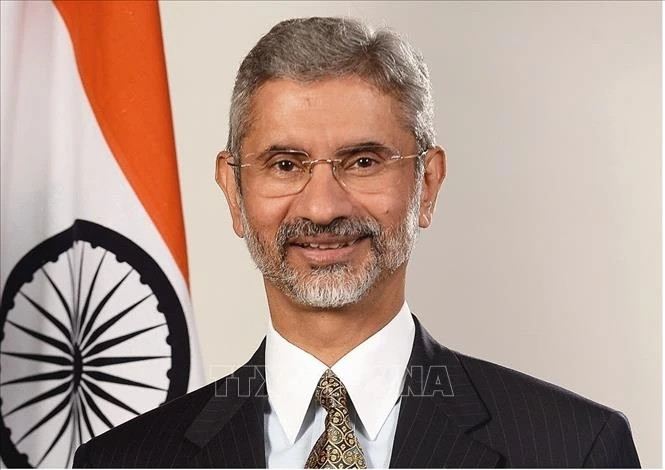Indian Foreign Affairs Minister Subrahmanyam Jaishankar recently held a telephone conversation with his Canadian counterpart Anita Anand, in the context that the two countries are said to be trying to ease tensions in bilateral relations.
According to Indian sources, the two sides discussed the prospects of bilateral relations. On the Canadian side, Minister Anand expressed gratitude to her Indian counterpart for the productive discussion and expressed her desire to promote bilateral ties and shared priorities, including enhanced economic cooperation.
As the highest-level diplomatic contact between New Delhi and Ottawa since the new Canadian Prime Minister Mark Carney took office in March, the phone call between the two foreign ministers signals an effort by both sides to assess the situation and explore reopening channels of cooperation. This crucial moment is even viewed as a strategic effort by both countries to thaw a relationship which has been “frozen” for nearly two years.
India-Canada relations plunged into crisis in September 2023 after Ottawa accused New Delhi of involvement in the assassination of a Canadian Sikh national, which India firmly denies.
Canada is home to one of the largest Sikh communities outside India and has also been a base for pro-Khalistan activists. Tensions escalated significantly when both countries expelled each other's diplomats, froze trade talks, and cancelled high-level visits.
After 2 years of deadlock in relations with India, political winds in Canada appear to be shifting with Carney taking over the position of prime minister. A former central bank governor with globalist views, Carney quickly expressed his wish to restore relations with India.
Amid global economic turbulence, Canada is determined to diversify its partnerships, and India, a major economy with impressive growth, clearly presents an attractive opportunity.
Furthermore, the appointment of Anand, a Canadian of Indian descent, as the Minister of Foreign Affairs is seen as indicative of Ottawa’s shift in posture and approach to its relationship with India.
Earlier, Indian Prime Minister Narendra Modi had congratulated Carney on his electoral victory, while Minister Jaishankar also extended congratulations to his Canadian counterpart upon her appointment.
Expectations are now taking shape: following a phone call, perhaps soon a handshake. The relationship between India and Canada is facing new opportunities for healing, though significant challenges persist.
One key obstacle remains the unresolved issue of the Khalistan movement. According to observers, despite the change in Canadian leadership, the separatist Khalistan issue continues to cast a long shadow.
India remains steadfast in its demand that Ottawa take action against what New Delhi considers anti-India forces operating under the guise of free speech. India also continues to reject Canada’s accusations regarding the assassination of a Canadian Sikh national. The dispute is unlikely to be resolved until both sides reach a consensus that can dispel misunderstandings and rebuild trust.
Another obstacle is the broader global geopolitical landscape. Amid rising tensions between the West and Russia, New Delhi’s consistent assertion of strategic autonomy and its close cooperation with Moscow have on several occasions displeased Western nations.
A warmer India-Canada relationship would not only benefit both countries, but also contribute to the strategic architecture of the Indo-Pacific and global diplomacy as a whole. The recent phone call between the two foreign ministers is a first step toward reopening the door to cooperation. However, whether this breakthrough moment can lead to true reconciliation between the two nations depends on the next steps, and mutual concessions will be indispensable.
















